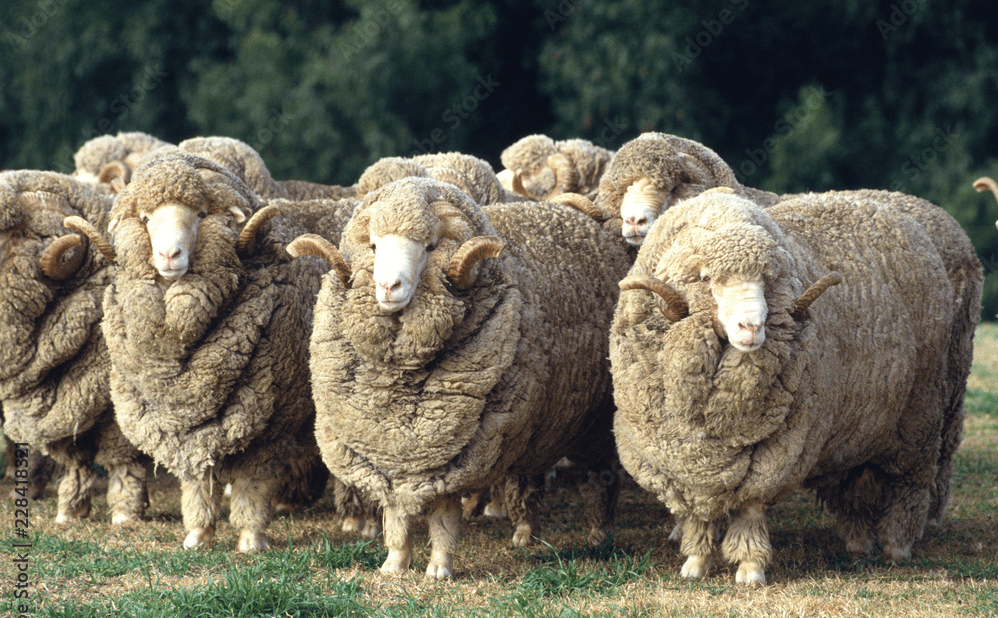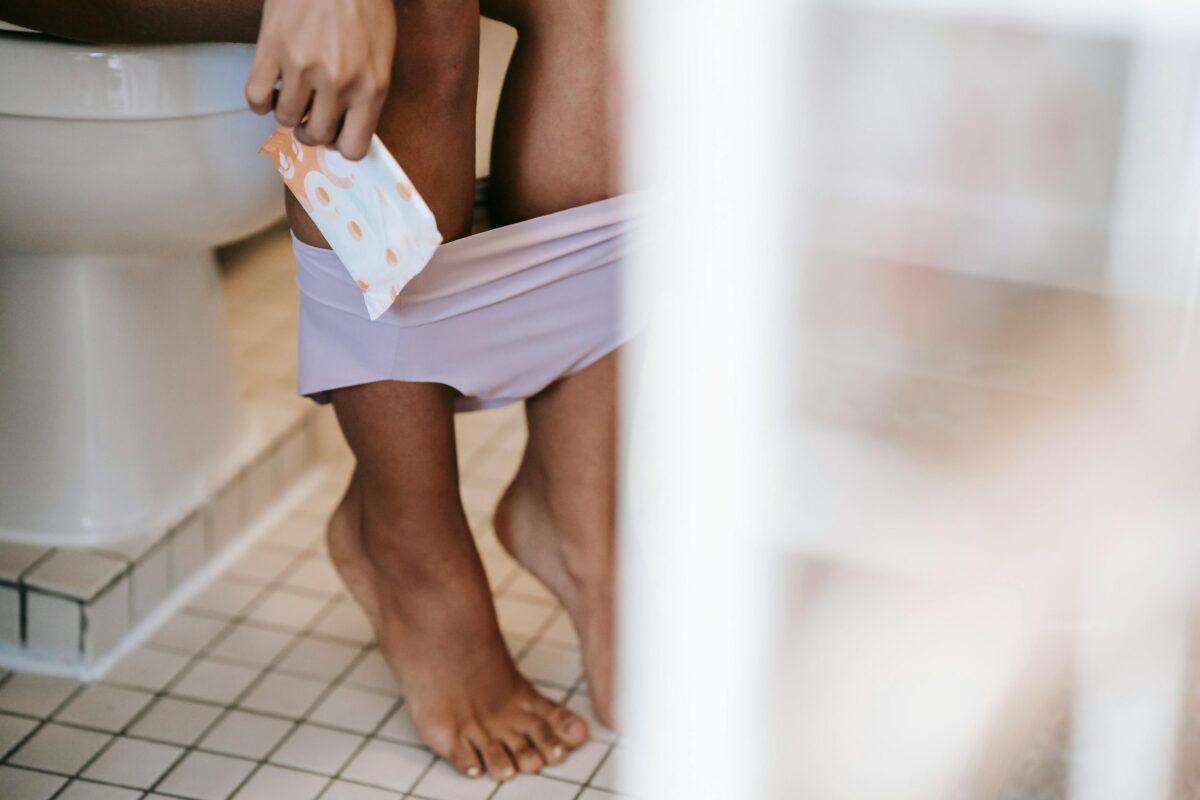Merino sheep produce fantastic merino wool, but the overbred breed in Australia suffers from Mulesing – an animal cruelty procedure. Learn why this happens and how to identify merino wool without Mulesing. © Adobe Stock | 169169
Merino wool performance apparel has environmental benefits
Merino wool is considered a natural alternative to synthetic performance fibers. It is pleasantly soft, lightweight, wicks away moisture, and keeps you warm. This makes merino wool performance underwear a popular choice for winter sports or just to wear under a sweater at home. The ecological advantage of wool is that it is a 100% natural product and therefore biodegradable, unlike synthetic fibers such as polyester, which are based on petroleum.
Merino wool can also be washed in the washing machine and, unlike “plastic clothing”, it is often sufficient to simply air the garment.
Why not buy Australian merino wool?
Australia is the world’s largest producer of merino wool with a market share of about 88 percent (2022). However, according to Utopia.de, around 90 percent of sheep there are mutilated. This is due to a cruel practice called Mulesing.
What is Mulesing?
In Mulesing, the skin folds of the sheep’s hindquarters are sliced off with a knife or scissors without anesthesia. The lambs are then left to fend for themselves with the open wounds.
Mulesing is done to prevent flies from depositing maggots in the skin folds. In Australia, there is a problem with a type of fly that is attracted to the warm and moist skin folds on the rump and uses them to lay eggs. The hatched flies then feed on the flesh of the animals, making them sick and even killing them! Protection from fly maggots is therefore important – but it does not have to be done by mutilation!
According to the German Animal Welfare Association, Merino sheep can also be treated with insecticides, or the wool on their hindquarters can simply be trimmed several times a year. Mulesing is banned in Germany and New Zealand (as of 2018).
Countries outside Australia work without Mulesing
If you are buying merino wool from New Zealand, Argentina or South Africa, you can be sure that the wool has not been mulesed. The reason is simple: there is no problem with fly maggots.
Seal for Mulesing free merino underwear
If you want to buy merino wool clothing, you should first check the origin of the wool. If the wool comes from Australia, you should only buy it if there is a seal (because only about 10% of the shepherds in Australia do NOT use Mulesing). The most common labels are
- Responsible Wool Standard (RWS)
- Global Organic Textile Standard (GOTS)
In most cases, the certified merino wool used by brands such as Vaude or DEVOLD of Norway is not sourced from Australia.
Brands offering merino wool without Mulesing
- Vaude
- Patagonia
- DEVOLD of Norway
- Icebreaker
- Kaipara
- Angel Nature
- Löffler



 (8 votes, average: 3.38 out of 5)
(8 votes, average: 3.38 out of 5)

